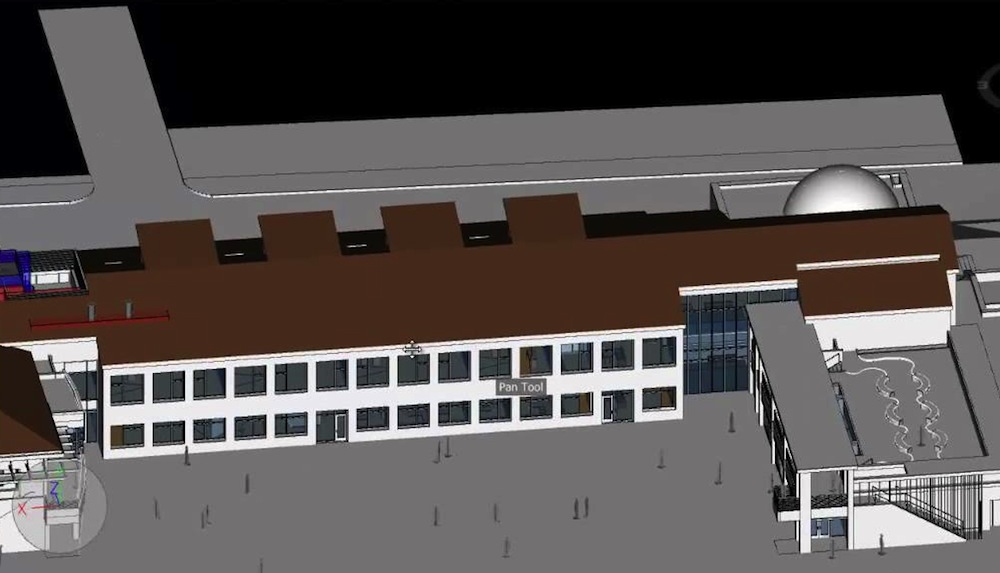As of April 4, 2016, all government contractors had to be compliant with Level 2 Building Information Modeling (BIM) in the United Kingdom.
The requirement aims to provide government officials with as much information about their construction projects as possible so that they can manage the resulting assets—chiefly "maintainable assets" like electrical and mechanical—effectively. Major contractors were prepared for this mandate, but some subcontractors are not, and will need assistance to comply.
Observers say a similar requirement is unlikely in the U.S., as the domestic industry is further along in adopting BIM. U.S. contractors have adopted modeling faster than many European counterparts, and BIM is regarded as an expected business practice here.
The U.K. may up the ante on BIM rules. Government and industry are jointly preparing to raise the BIM requirement to Level 3, which would require all parties on a government construction projects to work from one common BIM model.
Related Stories
BIM and Information Technology | May 27, 2015
4 projects honored with AIA TAP Innovation Awards for excellence in BIM and project delivery
Morphosis Architects' Emerson College building in Los Angeles and the University of Delaware’s ISE Lab are among the projects honored by AIA for their use of BIM/VDC tools.
BIM and Information Technology | May 26, 2015
Lego-like model building kit was created by an architect for architects
Arckit, as the system is called, was designed to a 1:48 scale, making it easy to create models accurate to the real-life, physical building projected.
BIM and Information Technology | May 26, 2015
Moore's Law and the future of urban design
SmithGroupJJR's Stephen Conschafter, urban designer and planner, discusses his thoughts on the 50th anniversary of Moore's Law and how technology is transforming urban design.
BIM and Information Technology | May 21, 2015
How AEC firms should approach BIM training
CASE Founding Partner Steve Sanderson talks about the current state of software training in the AEC industry and common pitfalls in AEC training.
BIM and Information Technology | May 13, 2015
5 smart tech trends transforming the job site
RFID labor tracking, 360 cameras, and advanced video tools are among the tech innovations that show promise for the commercial construction industry.
BIM and Information Technology | May 10, 2015
How beacons will change architecture
Indoor positioning is right around the corner. Here is why it matters.
BIM and Information Technology | Apr 29, 2015
Self-piloting drone maps out construction sites in Pennsylvania
The system comes with a real-time portal for immediate access to collected data.
BIM and Information Technology | Apr 27, 2015
The construction industry isn't rushing to hop onto the cloud: study
A new poll finds that nearly half of companies aren't planning to shift to cloud-based software to collaborate any time soon.
BIM and Information Technology | Apr 21, 2015
Software tools shouldn't dictate the AEC process
With over 200 solutions on the market, construction software is one of the most complex and fragmented markets, writes Gensler's Mark Thole.
BIM and Information Technology | Apr 9, 2015
A carboard box by Google can bring virtual reality to architecture
The global search engine giant has launched a new product, Google Cardboard, that easily allows users to experience virtual reality.

















